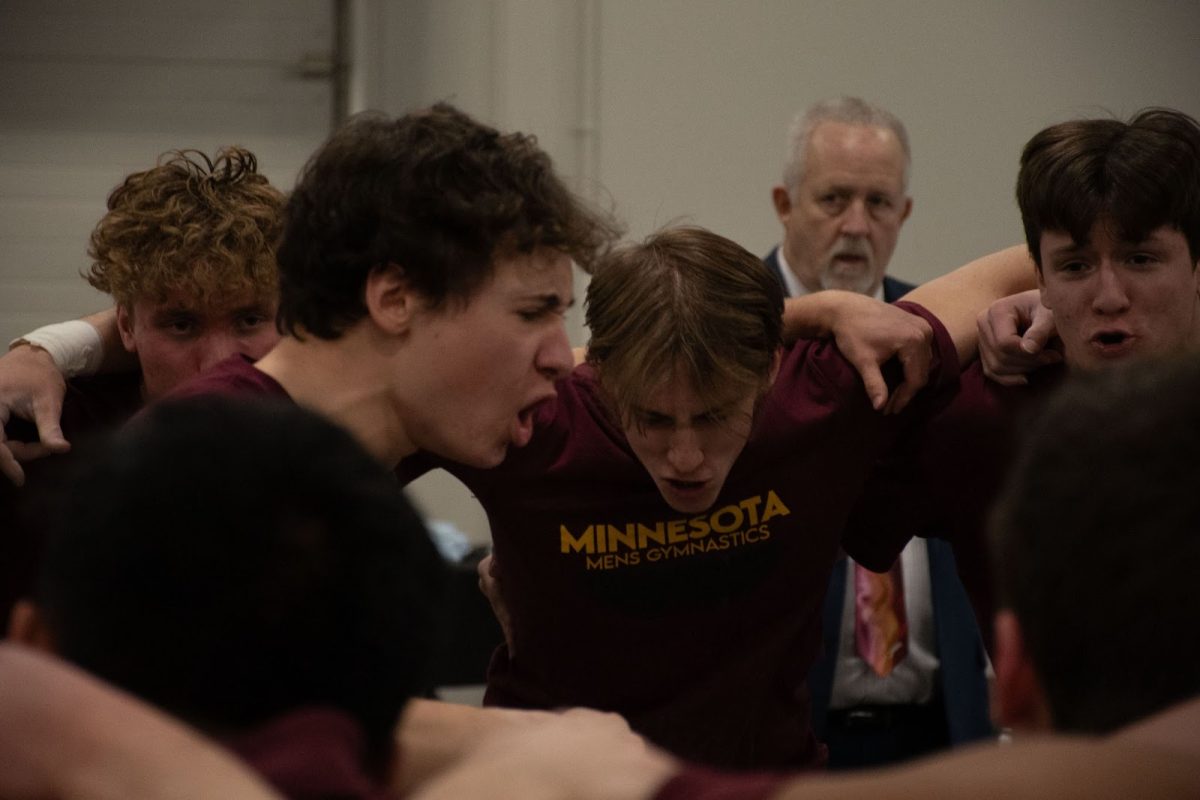For years, University of Minnesota students were required to seek special permission to study abroad in Israel. However, a recently approved petition will open the door for more students to study in the Israeli cities of Haifa and Jerusalem. After reviewing proposals from the Learning Abroad Center and Institute of Technology, the UniversityâÄôs International Travel Risk Assessment and Advisory Committee approved three new study abroad programs to Israel, one of them beginning as early as this May. The deadline to apply for fall semester programs is April 21. While the University offered similar programs in the past, policy currently requires students to seek permission to travel to countries that appear on the U.S. Department of State travel warning list. Stacey Tsantir, coordinator for International Health, Safety and Compliance, said that although the committee regularly approves petitions from students, this is the first time a group program has been ratified. The Learning Abroad Center will be offering programs at the Hebrew University of Jerusalem and the University of Haifa beginning in fall 2010. The Institute of Technology will also be hosting a three-week faculty-led summer session for undergraduates starting this May. Which university the IT program will study at is yet to be determined. âÄúIsrael is an economic miracle,âÄù said Dan Garon, a management information systems junior and current president of Gopher Israel, an Israel advocacy group. âÄúThe research and innovation that has been produced in Israel is astounding âĦ It gives students a chance to learn from [IsraelâÄôs] vast achievements,âÄù Garon said. Shawn Ableson, sophomore and vice president of campus advocacy for Gopher Israel, said he was active in lobbying for the program by âÄúspeaking with a variety of administrative officials.âÄù âÄúI think programs like this provide the opportunity for students of any faith or any ethnicity to experience something life-changing,âÄù Abelson said. While the addition of the Israel study abroad program has garnered support, some students are critical of the decision. Last November, Omar Barghouti, an outspoken critic of Israel, visited the University to express the need for an âÄúinstitutional and cultural boycottâÄù of Israel. Sriram Ananth, a second-year graduate student and member of the student-led organization Break the Bonds, remained skeptical of the educational value of such a program in the context of the Israeli-Palestinian conflict. âÄúIf there is a study program in Israel, it is likely to be in conjunction with institutions sanctioned by the Israeli state. So students who go there are unlikely to witness or experience the conditions of occupation that Palestinians are forced to confront daily,âÄù he said. Ananth believes the Palestinians in the area have been continually subjected to âÄúApartheid-likeâÄù treatment. Garon thinks that students, even those critical of Israel, can use the opportunity to learn more about the conflict. âÄúTo think you can bring peace by stopping intercultural communication is ridiculous,âÄù Garon said.










